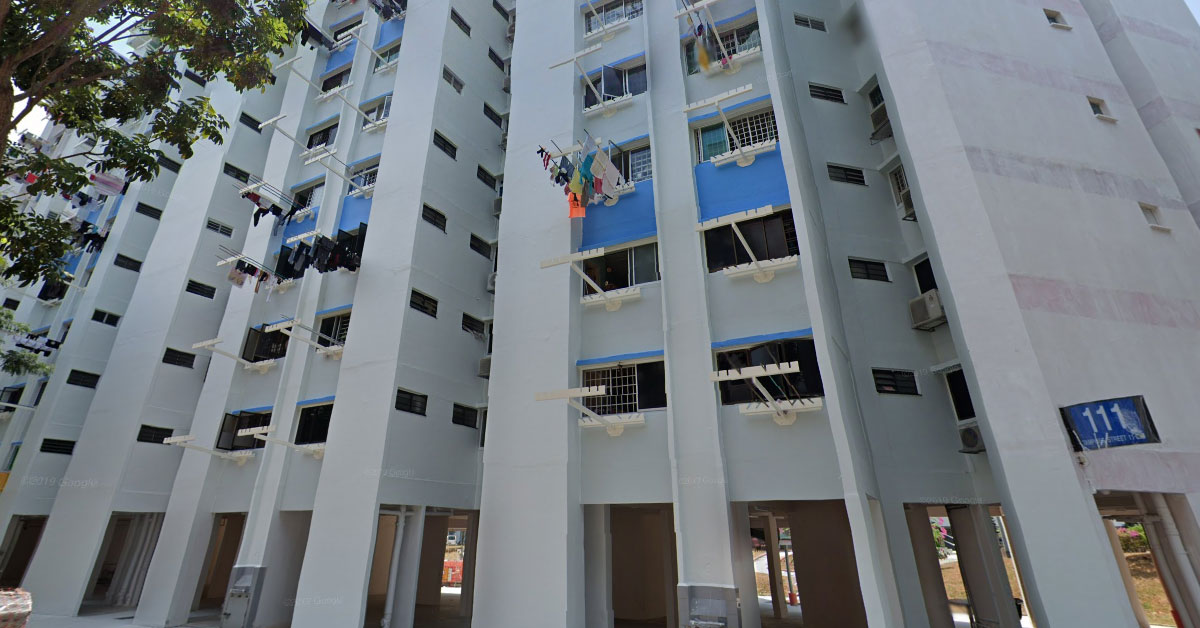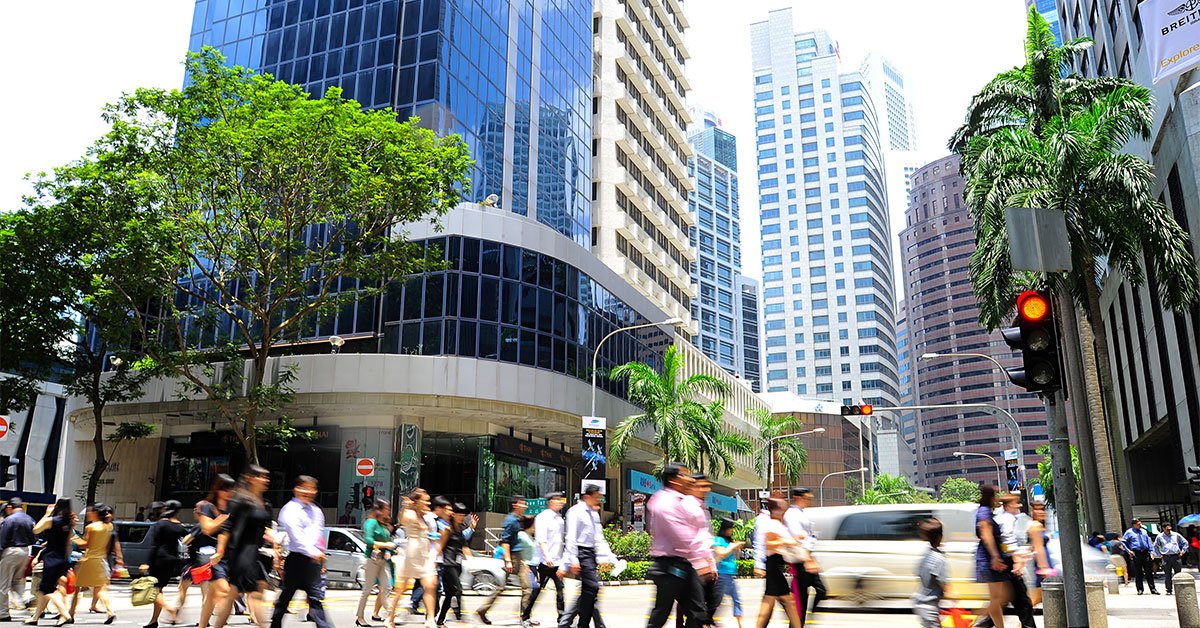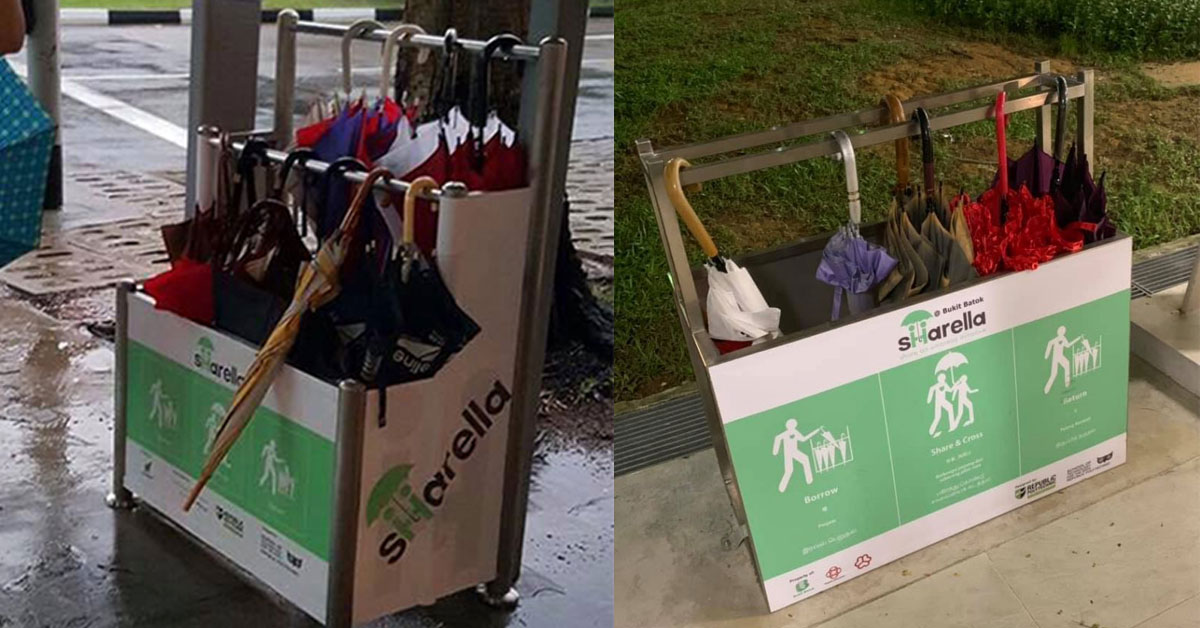Back in mid-March, when Malaysia suddenly announced its partial lockdown, Malaysians workers who commute daily from JB to Singapore had to make a choice: either to stay in Singapore for two weeks, or to head home for a two-week break.
What they didn’t realised was that their decision won’t affect their next two weeks, but for a whopping five months.
Malaysians who had stayed in Singapore had been stuck here since then; they can choose to go back to Malaysia, but the risk is the quarantine they’d have to go through and whether the jobs are still available after that.
Now that the borders between Singapore and Malaysia are partially reopened but without daily commute, Malaysian workers who’ve left Singapore for a two-week “break” that ballooned to a 5-month “break” has another problem they probably hadn’t expected: the high rent in Singapore.
And it’s for a good reason, and not because they’ve forgotten that living expenses in Singapore are high.
M’sians Coming Back to S’pore to Work Find Rental Too High As They Can’t Commute to JB Daily Now
According to a report by CNA, ERA Realty’s research and consultancy head Nicholas Mak said that there has been a higher demand for HDB rental units recently, especially those near industrial estates, and this spike is due to the new influx of Malaysian workers coming in to Singapore.
He said, “Malaysians who are coming here to work is a big factor in driving up demand for these units. They are far from the city centre and are popular among Malaysian workers, who prefer to live in a place easily accessible to their places of work.”
That is also echoed by OrangeTee & Tie’s head of research and consultancy.
Unlike foreigners from other countries, an entire HDB flat can be rented to merely Malaysians,.
But this hasn’t helped because the increase in demand has led to higher prices, which affect the Malaysians who are used to living in JB, a much cheaper place.
In addition, for companies that have been housing their Malaysian workers since mid-March, they might not be able to handle the extra expenses anymore—in late June, even NTUC FairPrice, a company that’s definitely not affected by COVID-19, found it unsustainable to continue providing accommodation for their Malaysian workers, who eventually have to find their own accommodation.
In other words, this could mean that landlords suddenly have windfall during this trying period.
What an irony.



